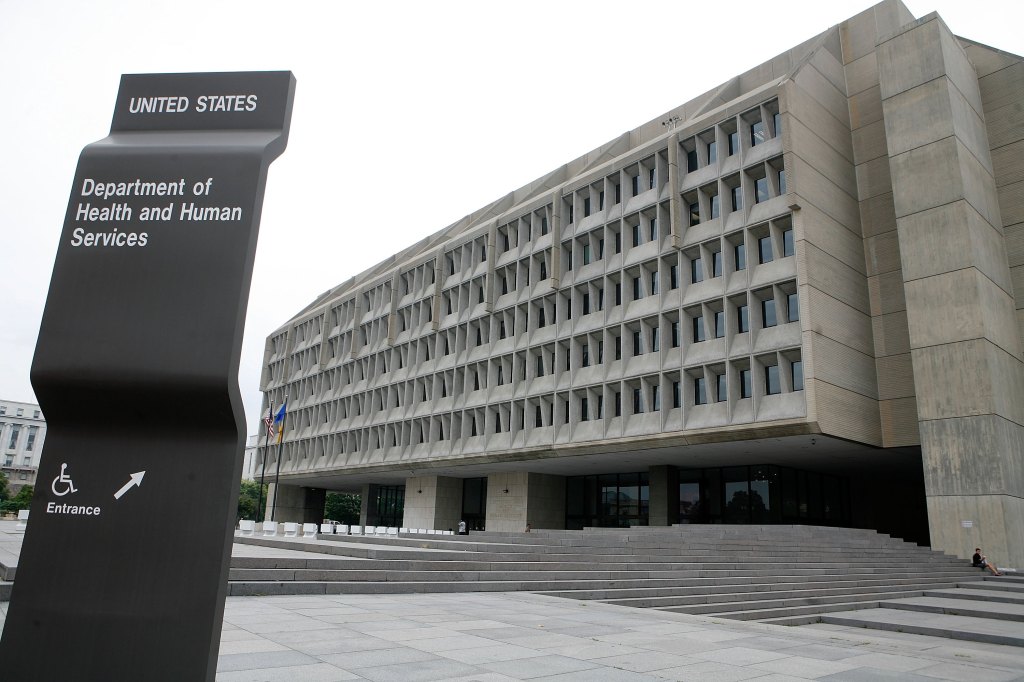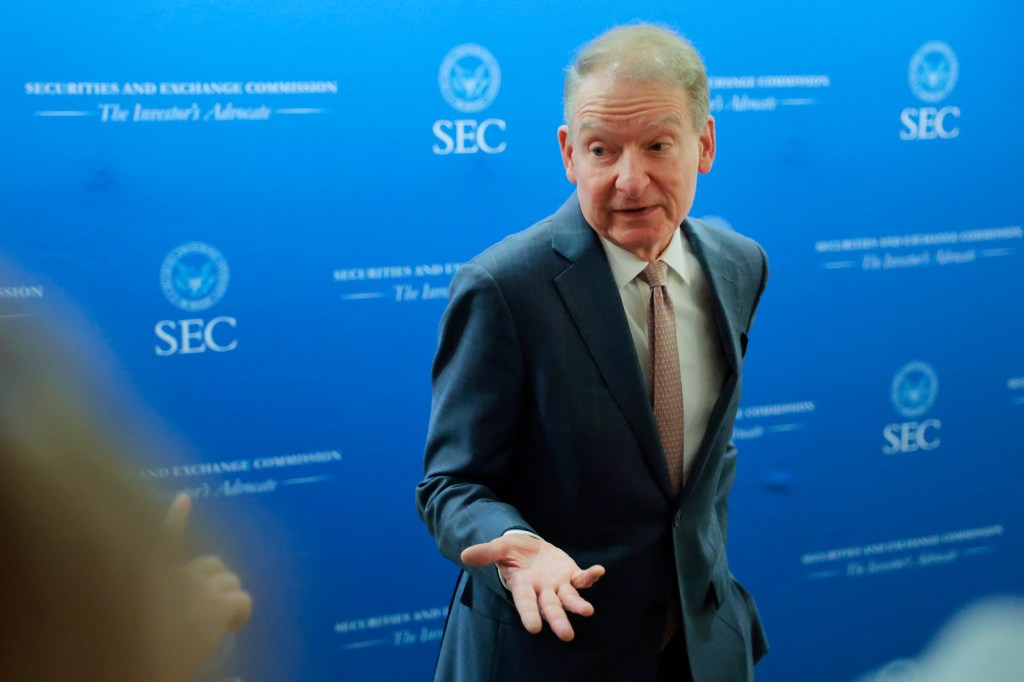The SEC just unveiled its rulemaking agenda for the upcoming months, promising proposals to revamp cryptocurrency regulations and reduce the rules Wall Street firms have described as being overly burdensome. Other action items include supporting innovation, capital formation, market efficiency, and investor protection.
The agenda will cover proposed deregulatory rules that would make it easier for businesses to get capital and for investors to go to private firms, with Chair Paul Atkins noting that this means the SEC is poised to remove some regulations from the Gary Gensler regime.
Atkins said the SEC is using the term “Spring” because it’s spring in South America (starting in September) and this symbolizes “a new day at the SEC.”
New dawn for crypto
Atkins’ Regulatory Flexibility Agenda for Spring 2025 noted that the SEC’s Rulemaking Division is considering recommending that the SEC propose rules that relate to the offer and sale of crypto assets, potentially including certain exemptions and safe harbors. The agenda includes amending existing rules to improve and modernize them, plus addressing disclosure burdens.
The agenda also notes that the agency would consider amending its rules to allow for crypto to be traded on national securities exchanges and alternative trading systems.
According to Atkins, the new dawn reflects the withdrawal of a host of items from the last administration that do not align with the goal that regulation should be smart, effective, and appropriately tailored within the confines of statutory authority.
“A key priority of my Chairmanship is clear rules of the road for the issuance, custody, and trading of crypto assets while continuing to discourage bad actors from violating the law,” Atkins said.
In line with all of this, the agency has already called upon the industry and public at large for its comments and questions on proposed rule changes for crypto assets.
In late July, Atkins announced the launch of “Project Crypto” to modernize securities rules and move markets more squarely onto the blockchain. And just days ago the SEC and CFTC issued a joint statement saying that registered exchanges can now list certain spot crypto assets, which allows mainstream US exchanges like the New York Stock Exchange, Nasdaq, and the Chicago Mercantile Exchange (CME) to offer spot trading of crypto assets like bitcoin.
The majority of current SEC commissioners characterize former Chair Gensler’s stance to crypto assets as a regulation-by-enforcement approach instead of one that provided a clear regulatory framework for the industry.
To undo some of the harms they perceive arose from his tenure, the current administration has already moved to drop popular lawsuits against cryptocurrency firms, including those against the top crypto exchanges Binance and Coinbase.
CAT compliance and disclosure requirements
The SEC also plans to propose a plan for a new “rationalization” of disclosures, including by revolving disclosures around materiality and laying out disclosure requirements meant to increase transparency and reduce risk for investors.
The agenda also suggests that the SEC ask the public for their thoughts on revisiting the Consolidated Audit Trail (CAT), especially after a recent ruling by the US Court of Appeals for the Eleventh Circuit. It found CAT’s funding model arbitrary and capricious under the Administrative Procedure Act because it relied on outdated cost analysis and allowed exchanges to shift the costs for it to their members.
The SEC’s agenda noted that it would examine CAT’s design and functionality, plus the scope of collected information, to assess potential modifications to CAT to address ongoing cost and data security concerns.
Market participants and Congress had been pushing back on CAT’s cost increases and pointed to the risks of storing so much sensitive data together.

















